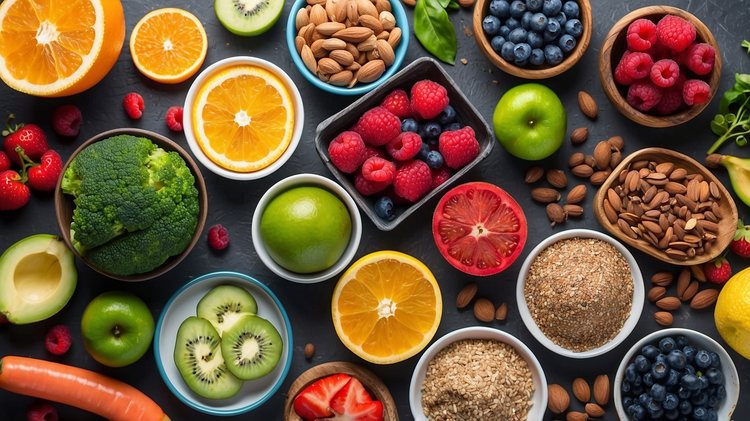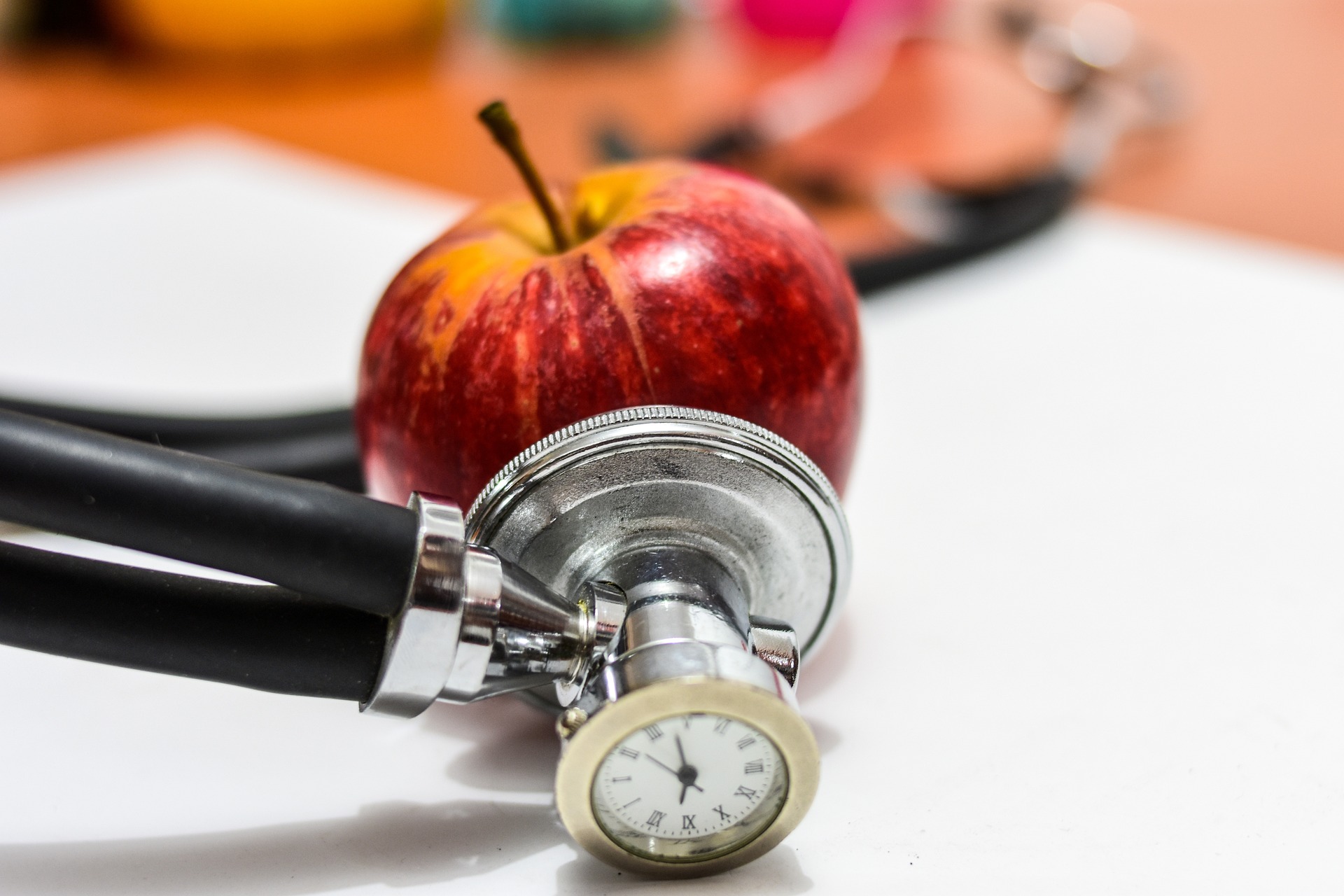Brain Food: How These Memory-Boosting Foods Can Support Cognitive Health
Certain foods may help boost brain function and memory. Leafy greens, berries, fatty fish, nuts, and turmeric are linked to cognitive support. Learn how antioxidants, omega-3s, and vitamins like B12 play a role in protecting brain health at every age.

Foods That Boost Memory: The Science Behind Brain Nutrition
The brain requires a constant supply of nutrients to function optimally. Certain foods contain compounds that have been specifically linked to improved memory and cognitive performance. Antioxidants help combat oxidative stress that damages brain cells, while omega-3 fatty acids support the structure of brain cell membranes. B vitamins, particularly B12, are essential for neurological function and the production of neurotransmitters. Foods rich in these nutrients can help maintain cognitive function and potentially enhance memory formation and recall over time.
Top Leafy Greens and Vegetables for Memory Enhancement
Leafy green vegetables are among the most powerful food memory boosters available. Spinach, kale, collard greens, and broccoli are packed with brain-healthy nutrients including vitamin K, lutein, folate, and beta carotene. These nutrients help slow cognitive decline by protecting the brain against oxidative stress and inflammation. One study found that people who ate one or more servings of leafy greens daily had the cognitive abilities of someone 11 years younger compared to those who rarely consumed them. Adding a salad to your daily lunch or incorporating sautéed greens with dinner can significantly contribute to your brain’s health.
Berries and Fruits That Help With Memory
Berries are particularly beneficial for brain health and represent a delicious food that helps with memory. Blueberries, strawberries, blackberries, and acai berries contain flavonoids, especially anthocyanins, that have been shown to improve communication between brain cells and delay memory decline. These compounds cross the blood-brain barrier and accumulate in areas of the brain associated with learning and memory. Research indicates that women who consumed two or more servings of blueberries and strawberries each week delayed memory decline by up to 2.5 years. Other fruits with memory-boosting properties include oranges (vitamin C), avocados (monounsaturated fats), and pomegranates (antioxidants).
Omega-3 Rich Foods for Cognitive Support
Fatty fish stands out as perhaps the most well-researched food memory booster due to its high omega-3 fatty acid content. Salmon, mackerel, trout, herring, and sardines contain DHA and EPA, two types of omega-3s that are major building blocks of the brain. These essential fatty acids help build brain and nerve cells, and are vital for learning and memory. Low levels of DHA have been linked to an increased risk of Alzheimer’s disease and memory loss. For those who don’t eat fish, plant-based sources of omega-3s include flaxseeds, chia seeds, and walnuts, though these contain ALA, which the body must convert to DHA and EPA (a less efficient process).
Nuts, Seeds, and Healthy Fats for Brain Function
Nuts and seeds are packed with nutrients that support brain health and can serve as excellent foods that boost memory. Walnuts, in particular, have received special attention due to their high concentration of DHA and their unique antioxidant profile. Just a handful of walnuts daily has been associated with improved cognitive test scores. Almonds, hazelnuts, and cashews provide vitamin E, which protects cells from oxidative damage. Pumpkin seeds offer magnesium, iron, zinc, and copper – all important for brain function. Additionally, extra virgin olive oil contains polyphenols that help protect against age-related cognitive decline and improve learning and memory.
Spices and Unique Foods That Enhance Memory
Some of the most potent food memory boosters may be sitting in your spice rack. Turmeric contains curcumin, which crosses the blood-brain barrier and has both anti-inflammatory and antioxidant benefits. It may help clear the amyloid plaques associated with Alzheimer’s disease. Research suggests that consuming just one gram of turmeric daily can improve memory in people with mild memory issues. Other beneficial spices include cinnamon, which improves attention and memory, and sage, which has long been associated with memory enhancement. Dark chocolate (at least 70% cocoa) contains flavonoids, caffeine, and antioxidants that boost brain function, while coffee and green tea provide caffeine and antioxidants that support focus and memory.
Memory-boosting foods work best when incorporated into a balanced diet rather than consumed individually. The Mediterranean and MIND (Mediterranean-DASH Intervention for Neurodegenerative Delay) diets, which emphasize many of the foods mentioned above, have been associated with slower cognitive decline and reduced Alzheimer’s risk. Combined with regular physical activity, adequate sleep, and mental stimulation, a brain-healthy diet can be your best defense against memory loss and cognitive decline as you age.
This article is for informational purposes only and should not be considered medical advice. Please consult a qualified healthcare professional for personalized guidance and treatment.




